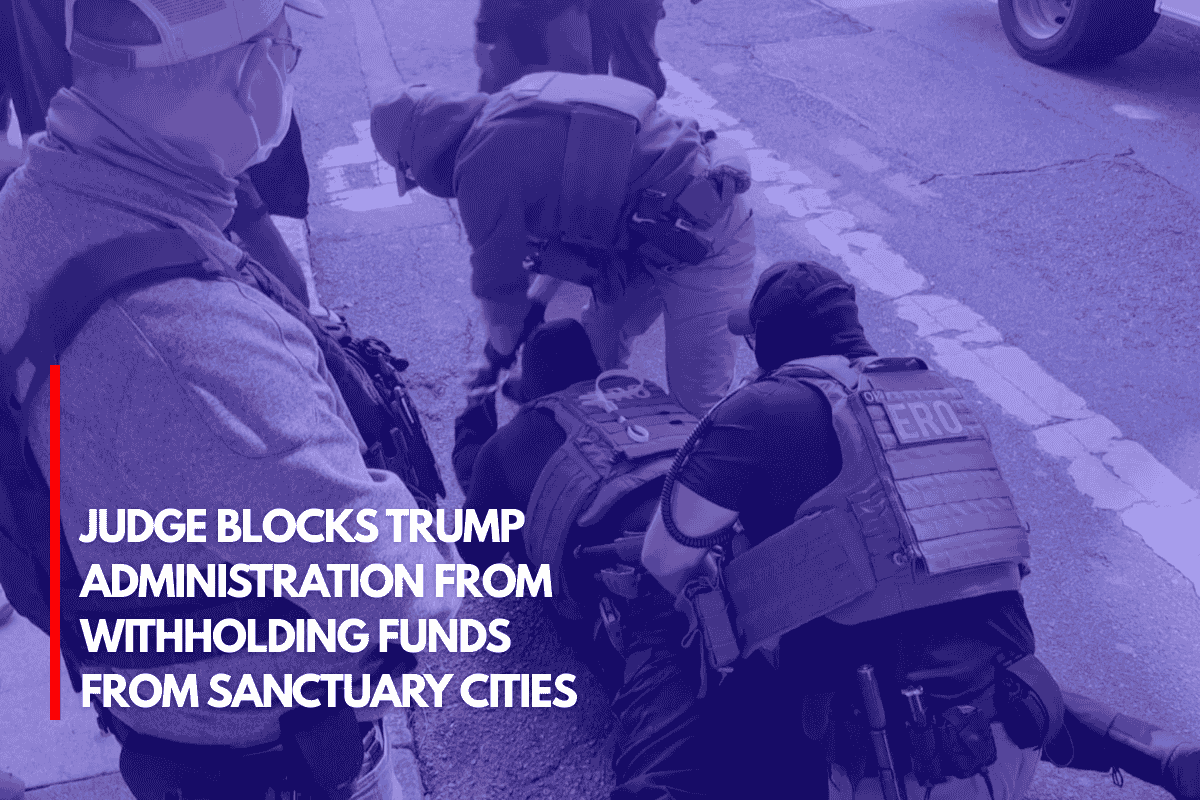In a new memo issued by U.S. Immigration and Customs Enforcement (ICE), the Trump administration has unveiled a policy that could allow for rapid deportations of migrants to third countries with as little as six hours’ notice.
This change has sparked concern and controversy, as it could accelerate the deportation process, particularly for those with criminal convictions or other immigration violations.
The New Policy: Rapid Deportations
The memo, dated July 9, 2025, from Todd Lyons, the acting director of ICE, details how the agency plans to deport migrants to countries other than their home nations in “exigent circumstances.”
Typically, ICE would wait at least 24 hours before deporting someone after informing them of their removal to a third country, but under certain circumstances, this timeline could be shortened to six hours.
Importantly, the new policy allows ICE to deport migrants to countries that have agreed not to persecute or torture them, with no additional screening procedures required. This could mean that migrants are sent to countries where they have no connections or language skills, leading to significant concerns over their safety and well-being.
Legal and Humanitarian Concerns
The new policy comes after the U.S. Supreme Court lifted a lower court’s order that had previously placed limits on such deportations. The Court’s decision allowed the Trump administration to begin sending migrants to countries like South Sudan, despite fears that they could face danger in these nations.
Advocates for migrants have expressed alarm over the policy, citing the potential for harm. Trina Realmuto, a lawyer representing migrants in a class action lawsuit against the rapid deportations, criticized the policy for failing to provide adequate legal protections for those being sent to third countries.
She argued that the new ICE approach “falls far short of providing the statutory and due process protections that the law requires.”
The International Impact
The shift in policy could significantly increase the frequency of third-country deportations, which were already a tool used during the Trump administration. In the past, the U.S. has deported small numbers of migrants to countries like Guatemala from El Salvador and Honduras.
The new directive has also seen the U.S. pressure African nations such as Liberia, Senegal, Guinea-Bissau, Mauritania, and Gabon to accept deportees.
This move has been met with criticism, as many fear that these deportations could place migrants in harm’s way, particularly if they are sent to countries with ongoing instability or human rights issues.
Trump Administration’s Argument
The Trump administration argues that third-country deportations will help quickly remove migrants who should not be in the U.S., including individuals with criminal convictions or who are otherwise deemed to pose a threat. They assert that these measures will prevent people from remaining in the U.S. illegally and will expedite the deportation process.
However, the argument has been criticized for not fully considering the potential dangers faced by migrants who are sent to unfamiliar countries. Many of these individuals have no family ties, limited resources, and may struggle to find work or safety in countries they have never been to.
Previous Administrations and Their Stance
While third-country deportations have been used before, President Trump’s administration aims to ramp them up to record levels. Under former President Obama, the U.S. worked with countries like Mexico to accept migrants from Cuba, Haiti, Nicaragua, and Venezuela, primarily to address difficulties in deporting people to these countries.
Meanwhile, President Biden’s administration has sought agreements with Mexico to manage migration, particularly from Central America, but this has not been without its own challenges.
Ongoing Legal Action
The new ICE memo was filed as evidence in an ongoing lawsuit over the wrongful deportation of Kilmar Abrego Garcia, a Maryland resident, who was sent to El Salvador. This case highlights the potential legal risks of such rapid deportations and raises questions about whether these actions violate due process rights.
Source











